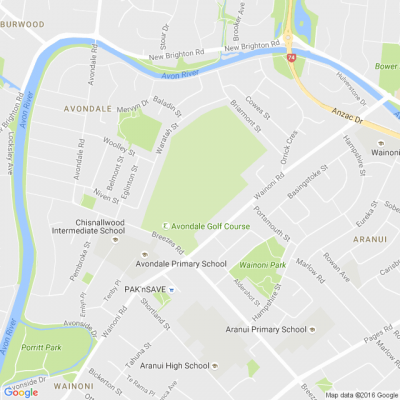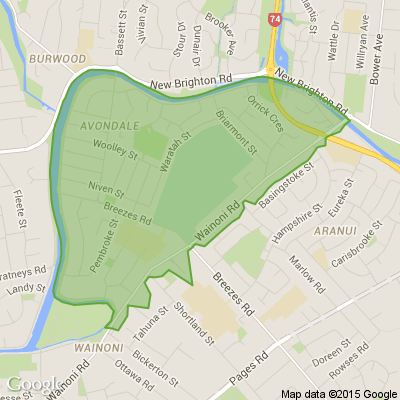How Cyber Smart are you?
Things you can do to keep your data safe
Below are a few things you can do to protect your data:
Change your password – yes, we know it’s easier to have one password for everything and keep it for years and years. But this also makes it easier for someone else to guess your password too.
Make your passwords long and strong, avoid basing them on obvious information such as family names or birthdays, and have a unique password for each online account. You could also use a password manager, which means that you only have to remember one (really good) password.
Also, keep your passwords to yourself.
Turn on two-factor authentication (2FA) – 2FA is an extra layer of protection on top of your password (for example you have to enter both a password and a code in order to access your account). With 2FA in place, if an attacker knows your password - they still can’t get into your account.
You can use 2FA for extra security on most of your accounts, from email to social media, online banking and shopping. You can also use it to access your laptops, tablets, smartphones and some game consoles. Everyone does 2FA slightly differently. To set it up, start by looking under your account settings.
Update your operating system – because this is your main line of defence against hackers and scammers. Just keeping it up to date will protect you against most of the latest bugs and viruses. You can set your system preferences to update automatically – how easy is that?
Check your privacy settings – so that you know exactly who can see what you post on social media. Think before you share personal information, as hackers can use this information to access your personal accounts or steal your identity.
The CertNZ website has loads of resources to help you with these.
www.cert.govt.nz...
Poll: 🤖 What skills do you think give a CV the ultimate edge in a robot-filled workplace?
The Reserve Bank has shared some pretty blunt advice: there’s no such thing as a “safe” job anymore 🛟😑
Robots are stepping into repetitive roles in factories, plants and warehouses. AI is taking care of the admin tasks that once filled many mid-level office jobs.
We want to know: As the world evolves, what skills do you think give a CV the ultimate edge in a robot-filled workplace?
Want to read more? The Press has you covered!

-
100% Human-centred experience and communication
-
0% Critical thinking
-
0% Resilience and adaptability
-
0% Other - I will share below!
Emma’s wedding dress reveal tells a different love story
A Valentine’s-inspired wedding dress show at Ryman Healthcare’s Logan Campbell Village is providing the perfect opportunity for residents to share memories of their romantic day.
But for Emma Muller, it has also turned into an opportunity to celebrate her late daughter Nicola, who died 19 years ago at the age of 37.

Poll: Should the government levy industries that contribute to financial hardship?
As reported in the Post, there’s a $30 million funding gap in financial mentoring. This has led to services closing and mentors stepping in unpaid just to keep helping people in need 🪙💰🪙
One proposed solution? Small levies on industries that profit from financial hardship — like banks, casinos, and similar companies.
So we want to hear what you think:
Should the government ask these industries to contribute?

-
59.4% Yes, supporting people is important!
-
26.4% No, individuals should take responsibility
-
14.2% ... It is complicated






 Loading…
Loading…